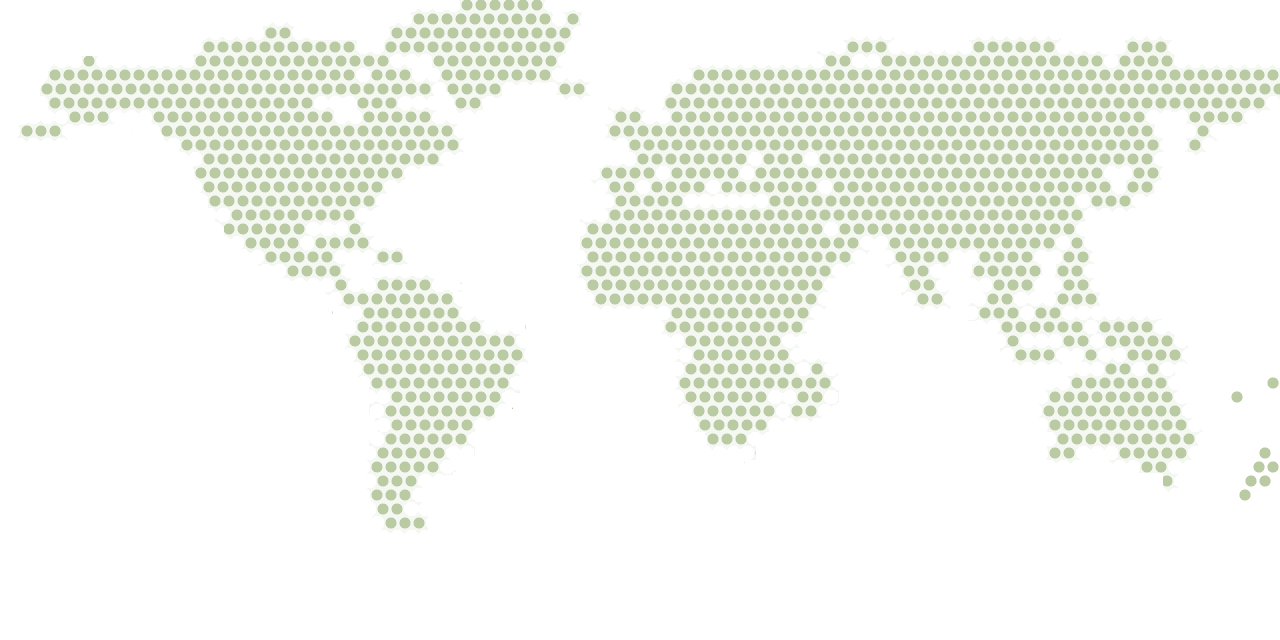Poverty
An estimated 1.3 billion people—nearly 20 percent of humanity—rely on forests and forest products for their livelihoods, with the majority living on less than $1.25 a day. In some areas, forest activities even rival agriculture in terms of benefits and earnings. But do forests actually contribute to reducing poverty? If so, how and for whom? And what types of programs or policies have led to these outcomes? While knowledge is increasing about forests as a source of day-to-day subsistence and as a safety net in times of need, much less is known about the extent to which forests can provide a pathway out of poverty. PROFOR is working with partners to fill this knowledge gap.










